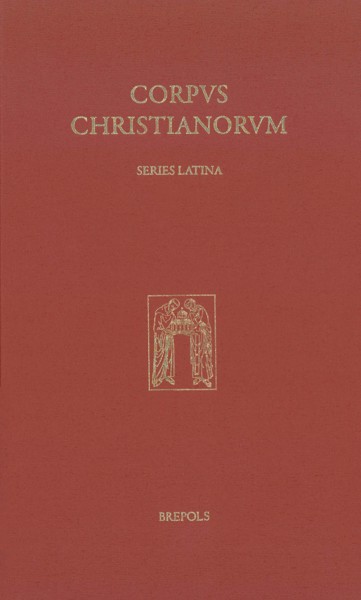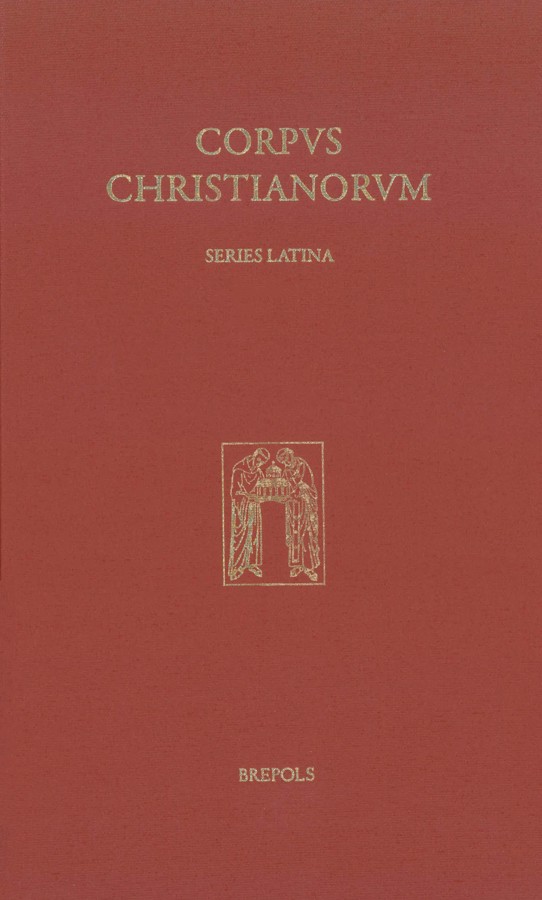
- Pages: 130 p.
- Size:155 x 245 mm
- Language(s):Latin
- Publication Year:1992
- € 100,00 EXCL. VAT RETAIL PRICE
- ISBN: 978-2-503-01161-5
- Hardback
- Available
The Vitas Sanctorum Patrum Emeretensium (BHL 2530, CPL 1069, Díaz y Díaz 214) is a fundamental text for the Visigothic Spain of the sixth and seventh centuries (and in particular for Mérida, the ancient Emerita Augusta) from the literary, linguistic and historical points of view. In spite of being a hagiographical text, it contains so much information about the period that, as it has been said, there is no equal in any other historical source of the Early Middle Ages not only in Spain, but also in the majority of Western Europe.
A new edition of this work was needed, for the critical edition available (J. Garvin, Washington, 1946) has its base in only three manuscripts. It is also clear that any new conclusion concerning the chronology of the work, author, and above all, the basis for the reconstruction of the text had to stem from a critical study and comparison of all manuscripts.
In the present edition, by way of study and collation of all known manuscripts (ten in all, complete or fragments) gathered together for this edition, the manuscript history of the text was reconstructed. This permits for the first time the establishment of two existing editions of the same work: the first written about the year 635 and the second, whose interpolations and variants are compiled in a supplementary apparatus, that can be dated between 672-680. The biggest interpolation of this second edition, a version of the Vita Fructuosi (seed of the future Vita Fructuosi), is edited in an appendix.
The edition is completed with the usual indices: index nominum et locorum, index auctorum and index uerborurn et rerum notabilium.





